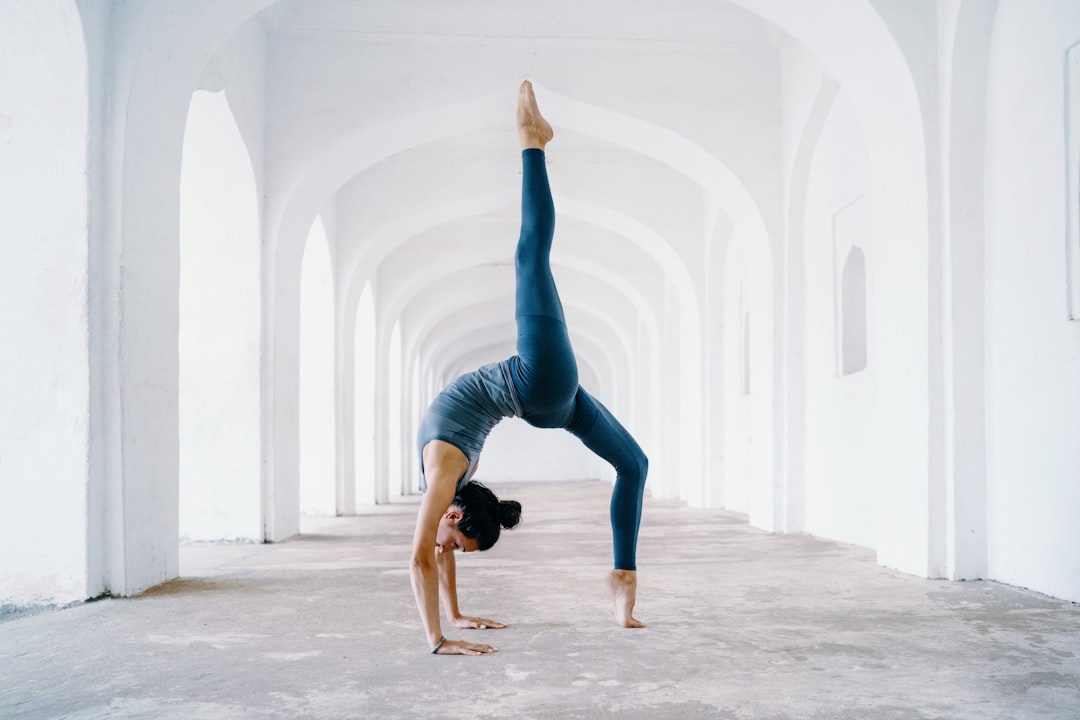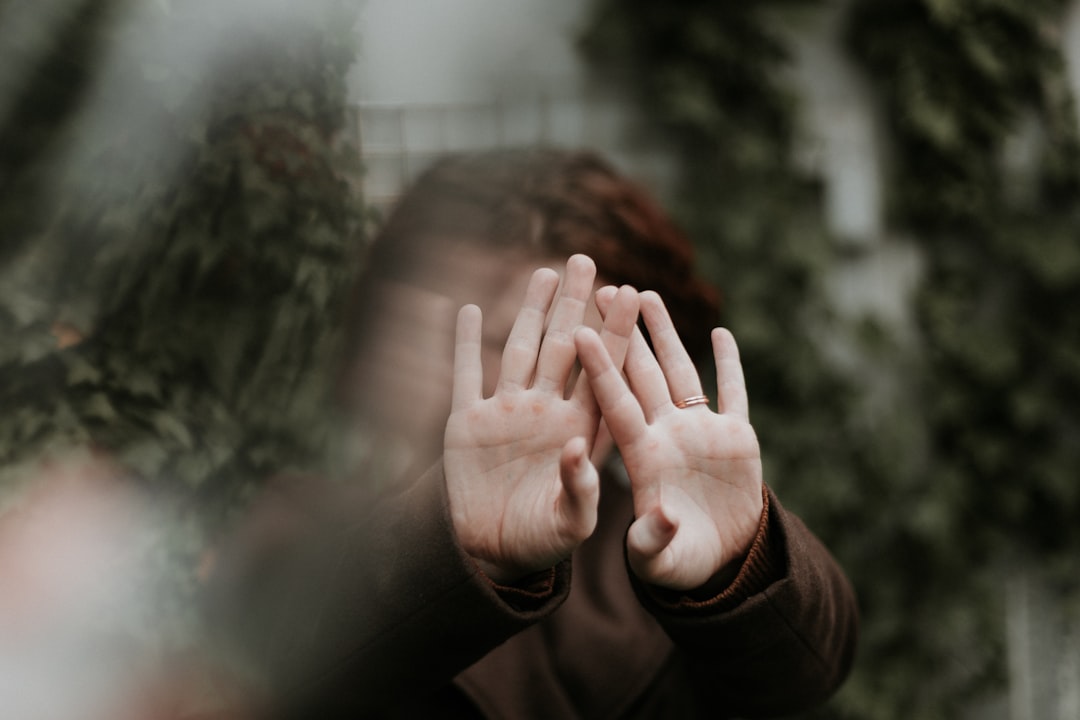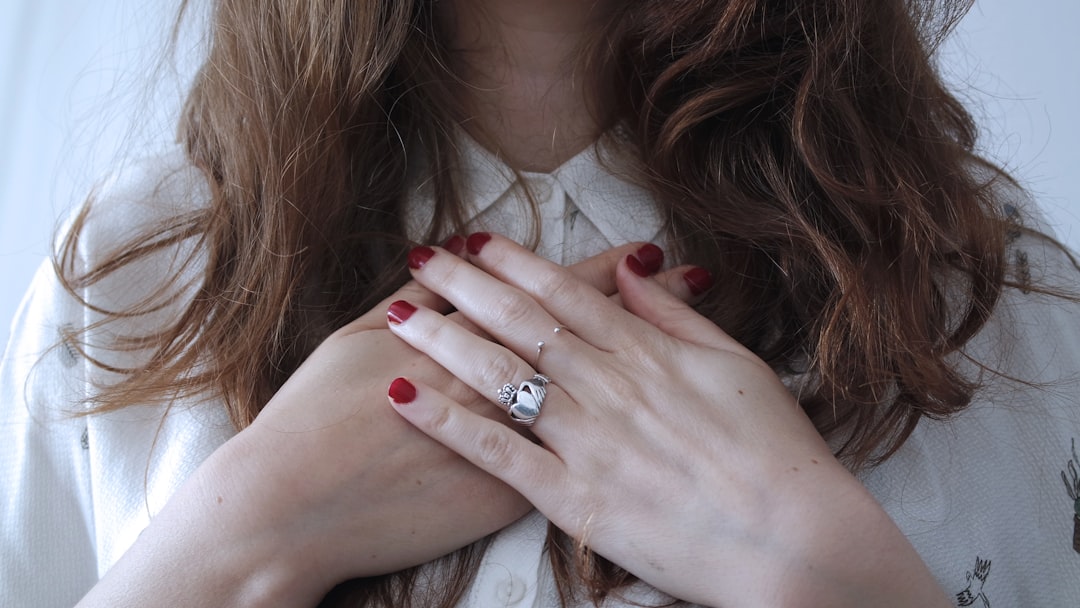9 Powerful Ways to Relieve Anxiety and Stress
Are you looking for ways to relieve anxiety and stress? Here are 9 powerful habits you can adopt to relieve anxiety and stress. You'll feel refreshed and renewed in no time.
It's a fact. Anxiety and stress can negatively affect our daily lives, and there's little doubt that they can even cause serious health problems. But there are simple things you can do to reduce the stress in your life and relieve your anxiety. Here are seven effective and quick ways to improve your mood:
1. Get more physical activity
Moving your body on a consistent basis will help you feel less stressed.
One study concluded that a regular aerobic exercise routine may be a valuable way to relieve depression and reduce stress. Many people who are physically active have lower stress levels, feel happier, and sleep better than people who are sedentary. Exercise has been shown to help with anxiety and depression. It's a good idea to get some exercise every day. The easiest way to start exercising is to choose an activity you enjoy. If you like the activity, you are more likely to stick with it.
2. Minimize Phone Use and Screen Time to Destress
Many people have become obsessed with their smartphones, tablets, and fitness trackers. These devices can be helpful, but overuse can cause stress.
Studies have found that using smartphones excessively and becoming addicted to them increases stress and mental health disorders. There's no doubt that screen time is associated with decreased psychological well-being and increased stress levels in both adults and kids.
Screen time is a major contributor to stress and sleep problems in both children and adults. By limiting screen time, you can help reduce stress and improve sleep.
3. Create boundaries and learn to say no
Stress can have a negative effect on your health and body. It's important to make sure you're spending time doing the things that make you feel good and not everything that needs to get done.
Sometimes, saying “no” is the best thing you can do. When you feel like you're juggling too many things, you can say “no” to things that will unnecessarily add to your load.
Creating boundaries is a healthy way to protect your mental health. Being selective about the things you do can help you feel less stressed and more in control of your life.
4. Practice mindfulness For Anxiety Relief
Meditation and Mindfulness-Based Cognitive Therapy (MBCT) are effective and easy ways to manage your stress.
Mindfulness-based cognitive therapy (MBCT) is a form of psychotherapy that combines elements of cognitive-behavioral therapy and mindfulness meditation. When you meditate, you can better manage stress and anxiety.
Practicing mindfulness for a few minutes every day can help you gain control over your thoughts and emotions. Mindful means paying attention to your thoughts and feelings without judgment. You can focus on what you are doing at the moment.
To start meditating, you can pick up a few books, download an app, or find a therapist who specializes in MBCT.
5. Consider Chinese Herbal Remedies For Stress Relief
Chinese herbal remedies can help with anxiety. Research into their safety and effectiveness has been going on for decades. One of the most popular Chinese herbs for anxiety is Ginkgo biloba, an ancient tree species from China.
Herbal remedies that contain a carefully-selected mix of ingredients can help reduce stress and anxiety. One of the most popular remedies is Banxia Houpu Decoction, which contains pinellia tuber, magnolia bark, hoelen, perilla herb, and ginger rhizome.
6. Spend Time in Nature to Relax
Spending time outside can reduce stress, and nature immersion is an easy way to relieve stress. Studies show that many people who spend time in green spaces such as parks and forests are healthier, and nature immersion is a healthy way to relieve stress.
Spending as little as 10 minutes in a natural setting can be beneficial for your mental health. You can do this by visiting local parks, botanical gardens, and arboretums, or you can also take a hike or bike ride.
7. Mindful Moves: Try Qi-Gong or Tai Chi
Qi-Gong is an ancient practice that has been used for thousands of years. It involves a combination of slow, rhythmic movements and deep breathing. By adding qi-gong into your everyday life, you can allow your mind and your body to be in harmony. By relaxing your nervous system, you can also improve your focus.
Tai chi is a low-impact form of exercise that’s great for beginners. It's an easy way to help people overcome stress and anxiety, and it’s also a great form of exercise to keep your body fit and flexible.
8. Deep Breathing
Taking deep breaths for a couple of minutes can help you relax and reduce stress. Try to breathe in for four seconds and hold your breath for eight seconds. Then exhale slowly for four seconds. When you take a deep breath, your diaphragm expands, which helps to reduce anxiety and stress. Deep breathing also helps to improve your mood and concentration. When your body receives enough oxygen, it is able to calm down.
9. Practice gratitude
Gratitude can help you feel more optimistic and content. It's a powerful tool to use in times of stress. It's easy to become overwhelmed by life's problems and forget to appreciate what you have.
Gratitude is easy to cultivate. Studies show that people who are more grateful are happier, more optimistic, and have a greater sense of purpose. Cultivating gratitude also helps us achieve our goals and helps build a strong network of support.
You can cultivate gratitude at any moment by focusing on what you are grateful for. As a result, you'll find that you dwell less on negative or stressful events and feelings of "lack," and that you appreciate the people and things in your life.
What is the best way to relieve stress and anxiety?
There are many ways to relieve stress and anxiety. Likely, a combination of the suggested tips above will work for you to destress. Some other tips include:
-
Spend time with friends and family
-
Read a book
-
Watch a movie
-
Play a game
-
Practice self-care with a relaxing bath
Summary:
Managing stress and anxiety is one of the keys to living a healthy life. Find ways that work for you. It's also important to find ways to relax and unwind.
There are many different ways to do this. You can try one or more of the strategies listed above, or you can choose a different approach that works for you. The important thing is to make sure that you're getting enough sleep, eating well, and taking time to relax. By doing this, you can live a healthier and happier life.
References:
Ewert, Alan, and Yun Chang. “Levels of Nature and Stress Response.” Behavioral Sciences (Basel, Switzerland), vol. 8, no. 5, May 2018, p. 49, doi:10.3390/bs8050049.
Herbert, Cornelia, et al. “Regular Physical Activity, Short-Term Exercise, Mental Health, and Well-Being Among University Students: The Results of an Online and a Laboratory Study.” Frontiers in Psychology, vol. 11, May 2020, p. 509, doi:10.3389/fpsyg.2020.00509.
Vahedi, Zahra, and Alyssa Saiphoo. “The Association between Smartphone Use, Stress, and Anxiety: A Meta-Analytic Review - PubMed.” Stress and Health : Journal of the International Society for the Investigation of Stress, vol. 34, no. 3, Aug. 2018, doi:10.1002/smi.2805.
Witvliet, Charlotte vanOyen, et al. “Gratitude Predicts Hope and Happiness: A Two-Study Assessment of Traits and States.” The Journal of Positive Psychology, vol. 14, no. 3, Jan. 2018, pp. 271–82, doi:10.1080/17439760.2018.1424924.
Get your daily dose of wellness delivered straight to your inbox. Sign up now for our newsletter.
Disclaimer:
These statements have not been evaluated by the Food and Drug Administration. This product is not intended to diagnose, treat, cure, or prevent any disease.
The content is purely informative and educational and should not be construed as medical advice. Any opinion expressed should not be treated as a substitute for professional medical advice. By using this website, you accept our Terms & Conditions and Privacy Policy. We cannot guarantee the accuracy of the information presented at this site. This article is not intended to be used as a substitute for the diagnosis and treatment of any health problem or to prescribe any medication or other treatment. You should consult with your health care provider before starting any diet, exercise, or supplementation program, before taking any medication, or if you have or suspect you might have a health problem.







